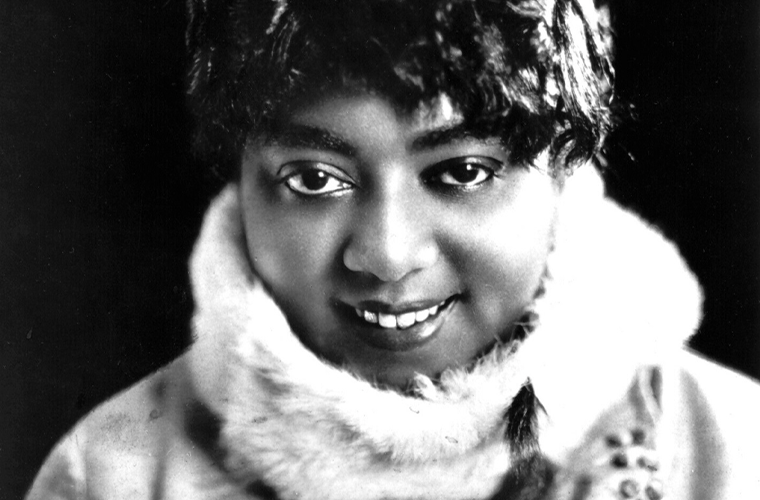Mamie Smith, born on May 26, 1883, made an indelible mark on the music industry as an American blues singer, pianist, and songwriter. Widely recognized as the first African American woman to make a vocal blues recording, she shattered racial barriers and paved the way for future generations of Black artists. Her contributions to the music world were not only groundbreaking but also pivotal in shaping the cultural landscape of her time.
Mamie Smith was born in Cincinnati, Ohio, and her family later relocated to New York City during her formative years. It was in the vibrant and diverse atmosphere of New York that Smith’s passion for music began to take root. As a teenager, she found herself drawn to the world of vaudeville shows, where she honed her skills as a performer and captivated audiences with her soulful voice.






By the early 1910s, Mamie Smith had established herself as a regular fixture in Harlem’s African American music scene. Her magnetic stage presence and undeniable talent set her apart, earning her a dedicated following. She graced the nightclubs and theaters of New York City with her powerful performances, captivating listeners with her emotive renditions of blues music. Accompanied by the renowned pianist Willie “The Lion” Smith, Mamie’s performances were nothing short of electrifying.
Smith’s impact on the music industry reached new heights when she became one of the first Black artists to record with a major record label. Her groundbreaking recording of “Crazy Blues” in 1920 marked a pivotal moment in music history. This seminal recording not only showcased Mamie Smith’s vocal prowess but also signaled a significant shift in the industry. “Crazy Blues” became an unexpected commercial success, selling over a million copies and igniting a nationwide fascination with blues music.
Mamie Smith’s achievements reverberated far beyond the realm of music. As a trailblazing African American woman in a predominantly white and male-dominated industry, she defied societal norms and shattered stereotypes. Her success challenged existing racial barriers, opening doors for other Black artists and reshaping perceptions of African American musicians.
Smith’s influence extended beyond her own era, leaving an enduring legacy that continues to inspire artists to this day. Her fearless pursuit of her passion and unwavering commitment to her craft serve as a testament to the power of perseverance and resilience. By fearlessly claiming her rightful place in the music world, Mamie Smith blazed a trail for future generations of African American women in music.
In conclusion, Mamie Smith’s remarkable journey from a young girl with a dream to a trailblazing icon is a testament to the transformative power of music. Her pioneering spirit and groundbreaking achievements have secured her a hallowed place in music history, ensuring that her legacy will continue to resonate for generations to come. Mamie Smith’s indelible contributions have not only enriched the tapestry of blues music but have also catalyzed enduring change within the music industry, leaving an indelible mark on the cultural landscape of her time.

